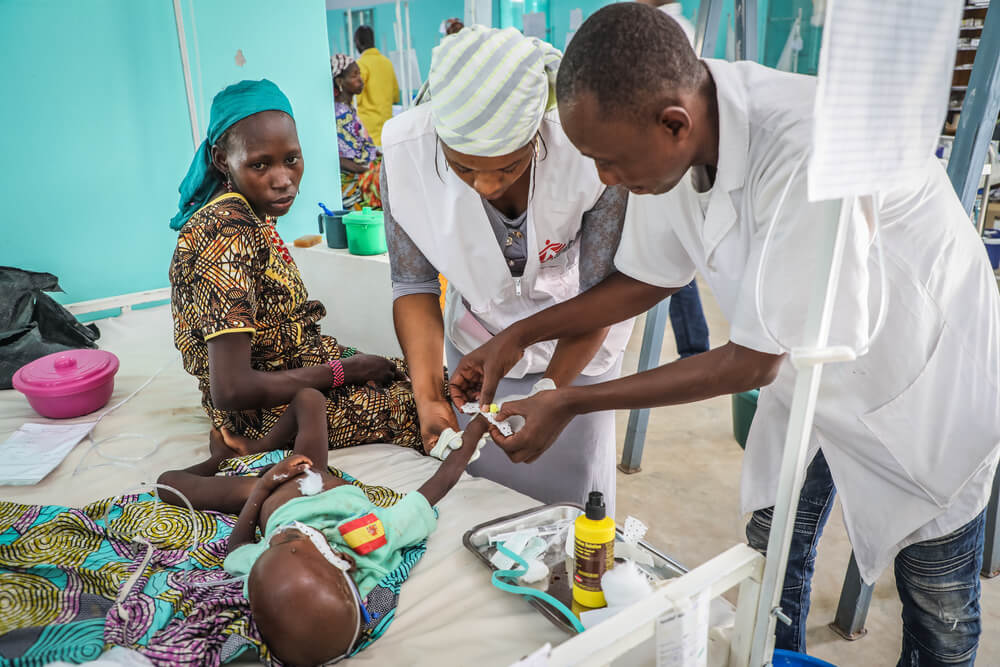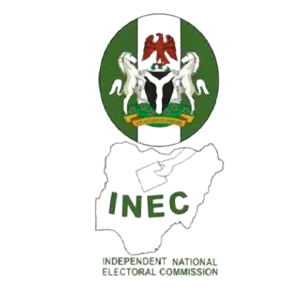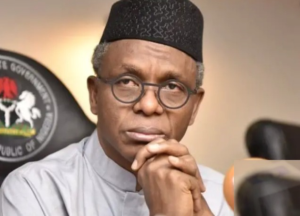
A recent Country Health System and Services Profile (CHSSP) report from the African Health Observatory Platform on Health Systems and Policies (AHOP) has revealed that Nigeria’s health system is currently functioning at just 45% of its potential. This performance level is significantly below the African regional average of 56%.
The report, developed by the Nigerian National Centre for AHOP with support from the Federal Ministry of Health and Social Welfare and WHO-AFRO, highlights that despite health sector reforms over the last decade, Nigeria’s health outcomes remain below expectations and far from the Universal Health Coverage (UHC) target set for 2030.
One of the critical issues is an overwhelming reliance on out-of-pocket spending, which makes up 75% of total health expenditure, exposing many Nigerians to financial hardship. Only about 10% of Nigerians have access to any form of health insurance or risk-pooling scheme, leaving a vast population vulnerable.
Infrastructure deficits further hinder progress. Approximately 80% of health infrastructure in Nigeria is reported to be dysfunctional, contributing to high rates of medical tourism abroad, which drains about $1 billion annually from the economy.
While the private sector operates only 35% of health facilities, it delivers 70% of health services, indicating significant service delivery gaps in the public sector. Coverage of essential health services is below the African average, with only 51% of births attended by skilled health personnel.
The country has a higher than average number of medical doctors per capita compared to the region, with 3.95 per 10,000 people, but weak infrastructure and inadequate deployment hamper effective utilization of this workforce.
The AHOP report emphasizes chronic underinvestment as the main obstacle to improving Nigeria’s health system. It calls for the robust implementation of key legislative instruments, including the National Health Insurance Authority Act of 2023 and the Basic Health Care Provision Fund established in 2014, to bridge gaps in financing and service delivery.
These findings underscore the urgent need for increased commitment, better governance, and strategic investment to raise the quality and accessibility of healthcare services across Nigeria.







